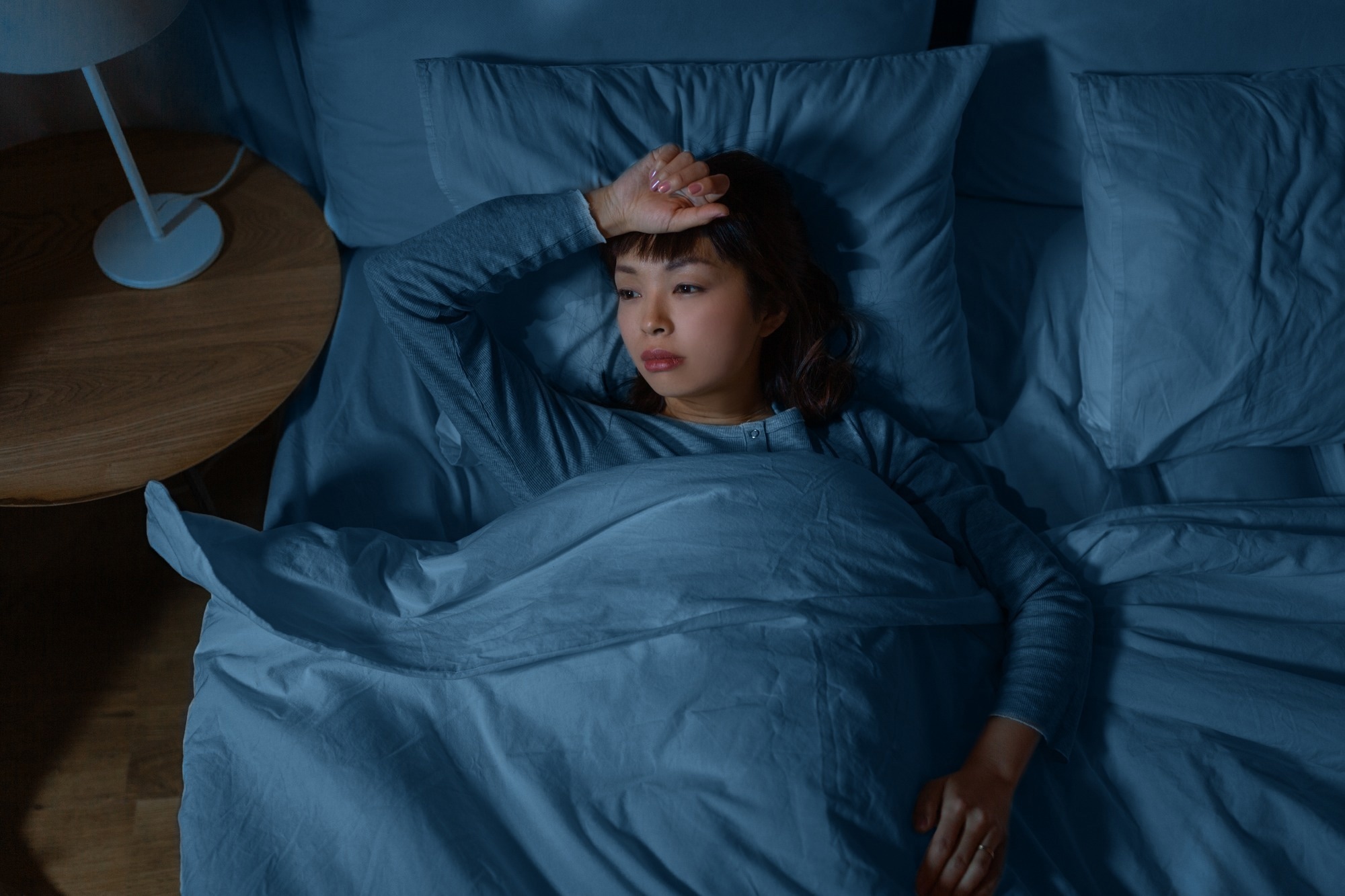The Benefits of Nurse-Delivered Sleep Restriction Therapy for Insomnia Treatment
Key Highlights :

Insomnia is a common disorder that affects approximately 10% of all adults, and can lead to a number of physical and mental health issues. Current treatment options, such as sleep hygiene advice, lack evidence-based support and thus long-term insomnia management is difficult to achieve. In order to address this issue, researchers have compared the cost-effectiveness and clinical impact of nurse-delivered sleep restriction therapy with sleep hygiene for insomnia treatment.
The study, published in The Lancet, was called Clinical and cost-effectiveness of nurse-delivered sleep restriction therapy for insomnia in primary care (HABIT): a pragmatic, superiority, open-label, randomised controlled trial. It included 642 adult insomnia disorder patients from 35 England general practices from the Greater Manchester, Thames Valley, and Lincolnshire regions. They were randomly assigned to a sleep hygiene booklet-only approach or four nurse-delivered sleep restriction therapy sessions that involved two telephonic and in-person sessions, together with a sleep hygiene booklet.
The primary outcome measure was the insomnia severity index (ISI) at six months, and secondary outcomes included physical health, sleep-related quality of life, depressive symptoms, work productivity, pre-sleep arousal, and sleep effort. The cost-effectiveness of sleep restriction insomnia therapy was estimated from personal social services and the United Kingdom National Health Service (NHS) data and expressed as incremental cost per quality-adjusted life year (QALY) gained.
The results of the study showed that the mean ISI score for sleep restriction and sleep hygiene therapies at six months was 10.9 and 13.9, respectively. This demonstrated that participants in the sleep restriction therapy group documented less severe insomnia than those in the sleep hygiene group. Additionally, the sleep restriction intervention did not significantly impact physical health-related quality of life or medication use. At a £20,000 National Institute for Health and Care Excellence (NICE) cost-effectiveness threshold, the incremental cost per QALY gained was £2,076.
Overall, the study showed that brief sleep restriction therapy delivered by nurses in primary care is a cost-effective insomnia treatment that is a promising option for first-line insomnia disorder therapy. In the context of limited access to CBT, the study highlights the possible scalability of sleep restriction as a single-component intervention for insomnia. It is an effective and cost-effective way to manage insomnia, and could be a viable alternative to current treatment options.
